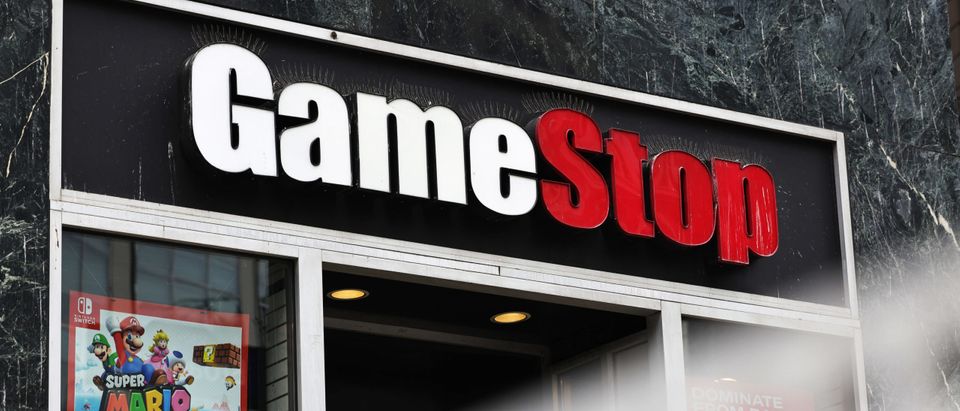A London-based hedge fund that bet against GameStop during the first “meme stock” rally in January is shutting down after facing double-digit percentage losses, the Financial Times first reported Tuesday.
White Square Capital said in a recent letter to investors it would shut down its main fund and return capital following a review of its business model, according to people familiar with the matter. The hedge fund had managed about $440 million in assets during its peak but suffered huge losses betting against GameStop early this year, the Financial Times reported.
Small-time retail investors, coordinating their actions on online forums such as r/WallStreetBets in January, drove up the price of so-called “meme stocks,” including GameStop and AMC Entertainment. GameStop surged from less than $20 at the start of the year to more than $480 at its peak.
White Square Capital, which suffered losses betting against US retailer GameStop, told investors that it would shut its main fund and return capital this month https://t.co/Ls8onHUAy0
— Financial Times (@FinancialTimes) June 22, 2021
Hedge funds caught in the short squeeze, including Melvin Capital and Light Street Capital, incurred substantial losses. Melvin Capital, the largest fund that bet against GameStop, saw more than half of its $12.5 billion portfolio wiped away in January. (RELATED: How A Rabble Of Anonymous Redditors Stuck A Thumb In Wall Street’s Eye)
But one person familiar with the matter said White Square Capital’s decision to shut down was unrelated to the meme stock rally, the Financial Times reported. The fund rebounded after January and made back “a fair share” of the losses, the source added.
“The decision to close down is related to thinking the equity long-short model is challenged,” the fund’s chief executive Florian Kronawitter told the Financial Times. “There are way too many fish in the pond with the same strategy of long-short. The traditional edge is being arbed away [eroded by other investors], there’s an oversupply of capital.”
White Square Capital said in the investor’s letter announcing its closure that two investors withdrew their funding in exchange for “cheaper alternatives” like passive funds or private equity, the Financial Times reported. The letter noted that White Square Capital was supposed to receive new investor inflows in May, but decided to shut down instead.
“The arbitrage opportunities have diminished with both the onslaught of capital caused by central bank monetary interventions, as well as much improved dissemination of information, bringing up the question to what degree the same fees can be justified,” the letter read.


